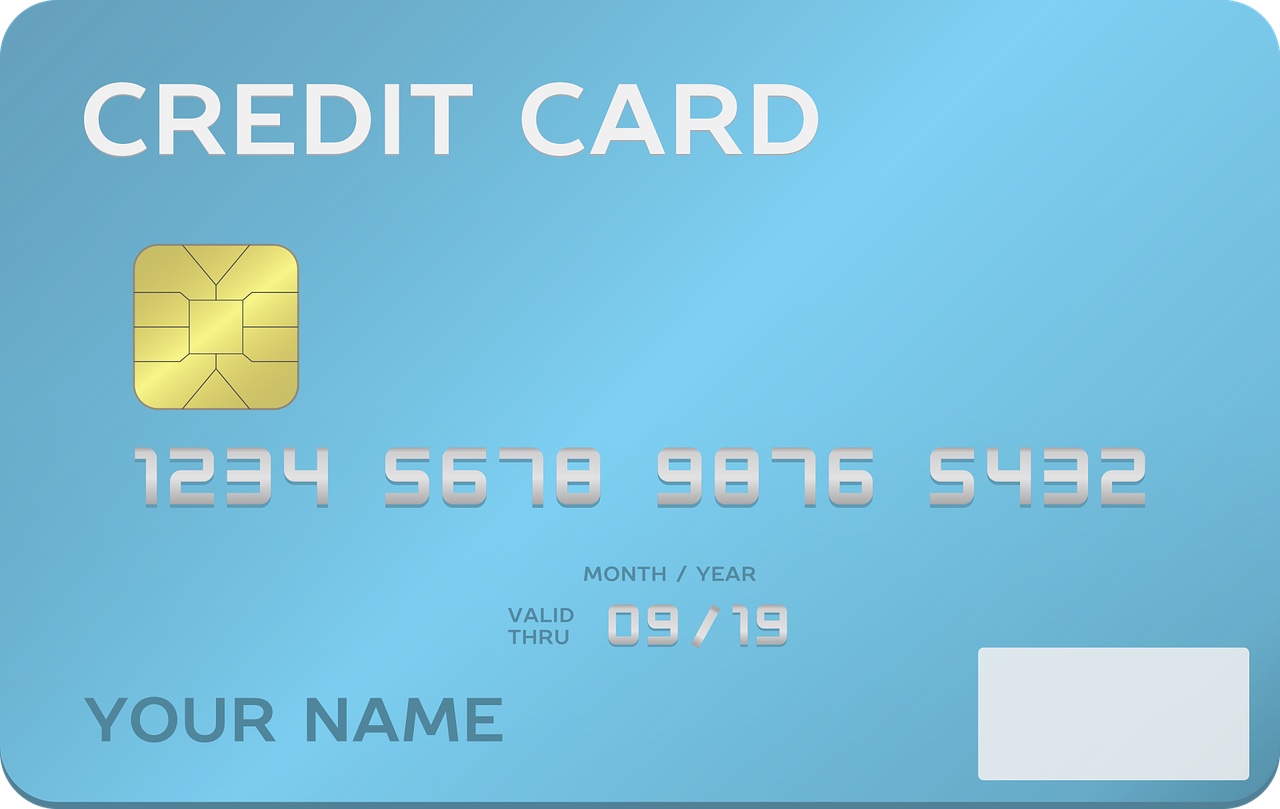
Credit is a very touchy subject with resident physicians in all specialties. And it makes sense. Student debt seems to be increasing exponentially over the years. When I graduated, I thought I had a lot of debt from student loans. But that number pales compared to the debt that most current medical residents hold. Confirming this suspicion, I did a miniature survey of almost 100 medical students at my hospital. Student debt sums were as high as 600,000 dollars. These medical students had not yet completed their four years of training. So, the amounts were going to be higher than that. These sums of money are not insignificant. Instead, the debt will be life-altering for many of these future physicians for years. On top of that, add a high-balance credit card, and you may head toward financial ruin!
This enormous debt burden brings me to the next question. Does it make sense for a resident to apply for a credit card after accruing so much debt? This question came up in the past year with a resident who had not started to get credit in his name. It caused all sorts of issues for him at the time they needed it. And it will probably continue to cause problems for years to come until he establishes a good credit record. So, the simple answer is yes. But in this post, I will explain why setting up a few credit card accounts makes sense even with significant debt. And I will briefly discuss how residents should establish credit.
Why Do Resident Physicians Need A Credit Card?
Laying out Money
A radiology resident often must lay out a significant amount of funds for travel or a large purchase such as a car. What do you do if you do not have a credit card or do not have a credit card with enough credit? Nowadays, most travel is booked online with credit cards. For many websites, the only form of payment is a credit card. You are now stuck with either relying on others to book your flight or not going on the flight. Once you reach a resident’s level, these issues arise often.
Establishing a Track Record For Large Future Expenses (Mortgages, Car Loans, Etc.)
To purchase large items such as a house or a car without cash (and most residents don’t have lots of money on hand!!!), you need to obtain a mortgage or a loan. How will some company provide you with a loan if you do not have a long track record of making payments? Sure, you have your student loan as some background. But that is not enough. You must also have at least one revolving credit account (a credit card) to increase your credit score to obtain these large loans. A credit card is an excellent way of establishing this background.
Cash Back Credit Card
Finally, many credit cards offer incentives in the form of airplane miles, gifts, and cash. Cash has the most value out of any of these rewards. When you make a purchase, you can get a certain amount refunded on every purchase. Some cards give you 5% on specific items or 2% on all items you purchase. So, it really can add up over time. If you use credit wisely, it can pay back dividends!
How To Establish Credit Without Breaking The Bank
If you have a poor or no credit history, finding a good credit card company willing to give you a credit card can be challenging. Even with these issues, there are several ways to establish credit. You can apply for cards backed by your savings or find cards with very low maximum balances. Either of these sorts of cards will allow you to occasionally use the card to make small purchases such that you can begin to establish a credit history. And remember to use personal credit hygiene: Pay your balances off monthly and try to use a small percentage of the credit allotted. These small steps will allow you to establish a good history without spending too much.
Summary
Even though resident physicians already have vast amounts of debt, establishing a credit card account becomes very important from both a practicality and utility standpoint. You can do it in a way that does not cause additional debt burdens or hardship. Bottom line: Establish credit now rather than later when you need the credit!






